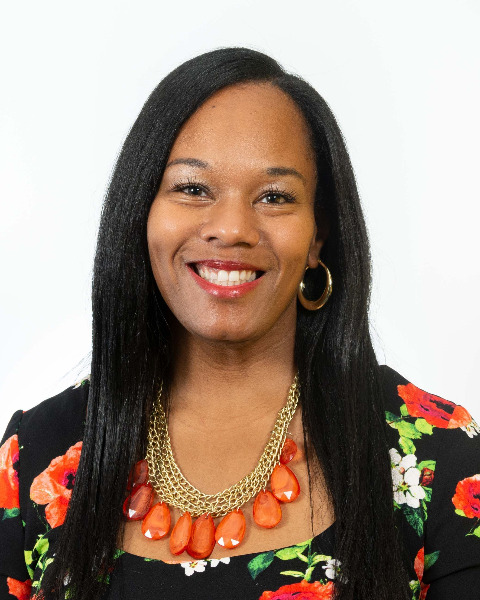Panel
Increasing the Power of Story through Transformative Culturally Responsive Mixed Methods Evaluation.
Mixed methods culturally responsive evaluation as a facilitator of stories for minoritized populations
Friday, October 13, 2023
2:30 PM - 3:30 PM ET

Ayesha Boyce, PhD (she/her/hers)
Associate Professor
Arizona State University, United States
Presenter(s)
Program evaluation can embody the values of a just society and should be positioned as a social, cultural, and political force to address issues of inequity, while still maintaining methodological rigor and trustworthiness. Previous social science inquiry has sometimes resulted in knowledge production that has had negative consequences, inadequately assessed, and insufficiently influenced knowledge production for historically and systematically minoritized groups due to communicentric bias and cultural hegemony (Gordon, Miller, & Rollock, 1990). While utilizing a mix of methods allows for a more complete and nuanced understanding of results, it can also showcase and uplift important but infrequently heard stories. Evaluators should play a critical role in dismantling archaic discourses of power and injustice often resident in the ecologies, systems, and politics driving programs and policies, especially for communities of color (Thomas et al., 2018). Evaluators committed to social justice and equity can utilize transformative culturally responsive mixed methods evaluation to ensure that attention to these issues is more than mentioning politically correct buzzwords (Boyce & Chouinard, 2017) by meaningfully facilitating the inclusion of perspectives of those least well-served and the most marginalized among us.
